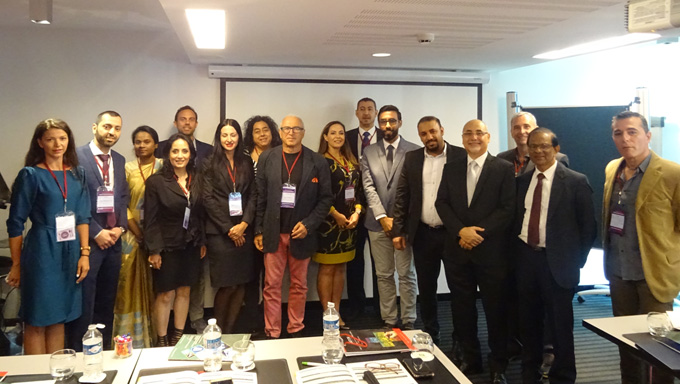
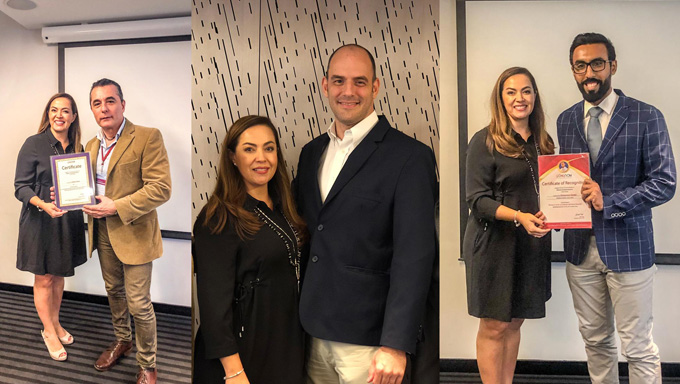
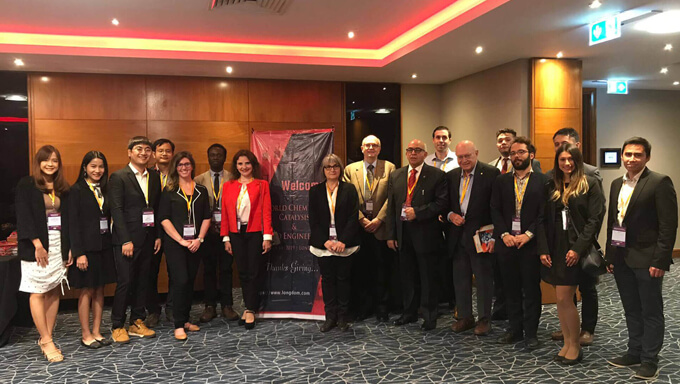
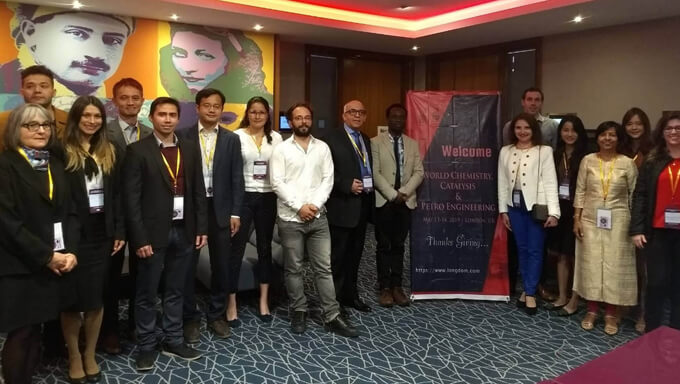
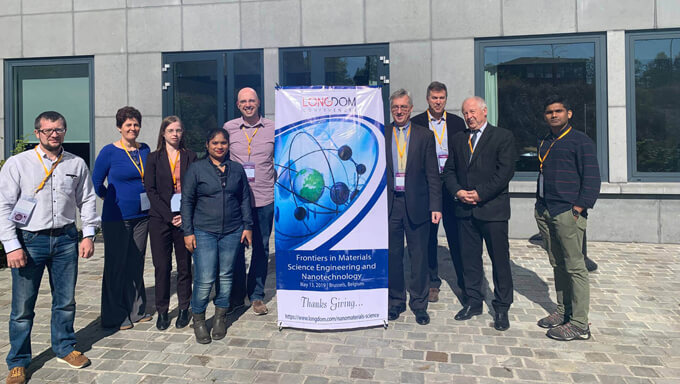
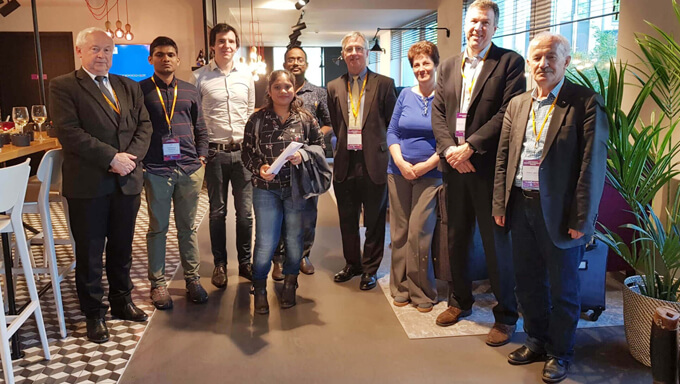
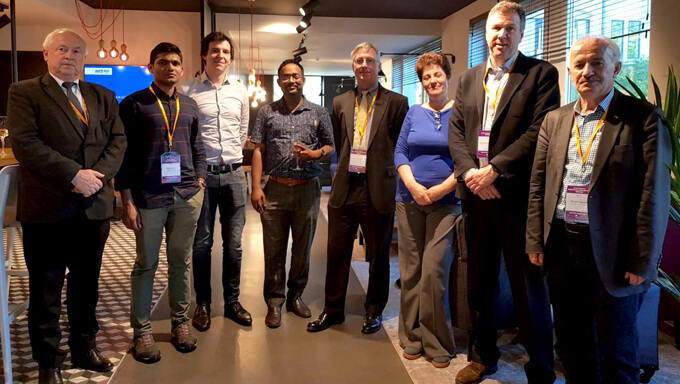
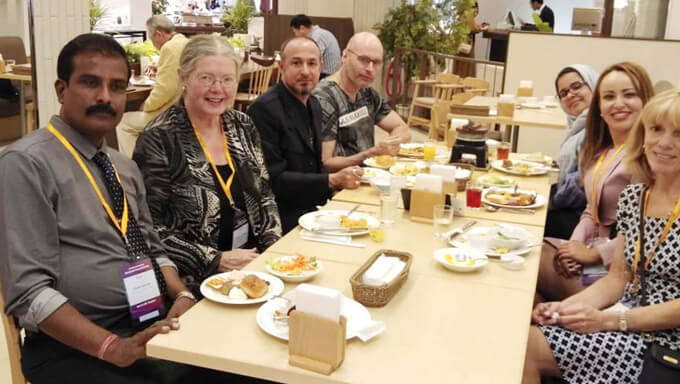
Stem Cells: An undifferentiated cell of a multicellular organism that is capable of giving rise to indefinitely more cells of the same type, and from which certain other kinds of cells arise by differentiation. Stem Cells have the ability to differentiate into specific cell types. The two defining characteristics of a stem cell are perpetual self-renewal and the ability to differentiate into a specialized adult cell type.
Stem cell genomics analyzes the genomes of stem cells. The study of stem cell genomics has wide reaching implications in the study of stem cell biology and possible therapeutic usages of stem cells. Application of research in this field could lead to drug
Stem Cell Therapy (SCT) is the treatment of various disorders, non-serious to life threatening, by using stem cells. These stem cells can be procured from a lot of different sources and used to potentially treat more than 80 disorders, including neuromusc
Embryonic stem cells are obtained from the inner cell mass of the blastocyst. They can give rise to every cell type in the fully formed body, but not the placenta and umbilical cord. These are incredibly valuable because they provide a renewable resource
A Biobank is a type of biorepository that stores biological samples (usually human) for use in research. The wide array of biospecimens (including blood, saliva, plasma, and pure DNA) maintained in biobanks is delineating as libraries of the human organis
Regenerative medicine is a broad field that includes tissue engineering but also incorporates research on self-healing where the body uses its own systems, sometimes with help foreign biological material to recreate cells and rebuild tissues and organs.
We let our ground-breaking work and our amazing clients speak for us…… LONGDOM conferences